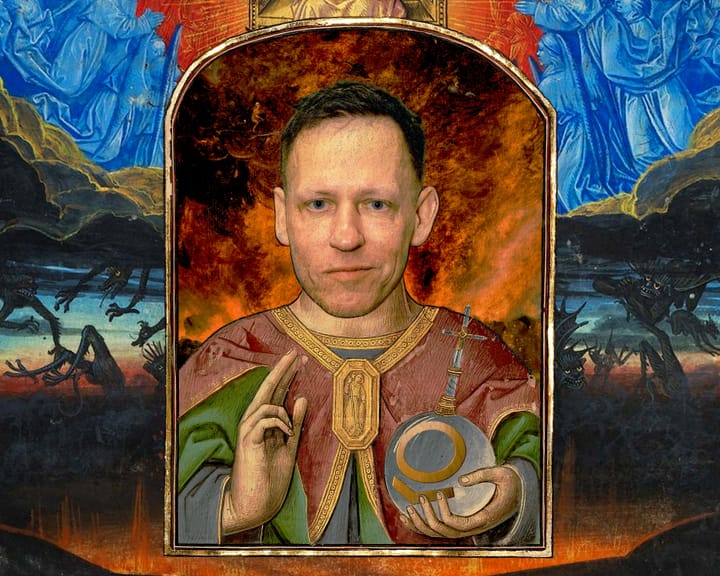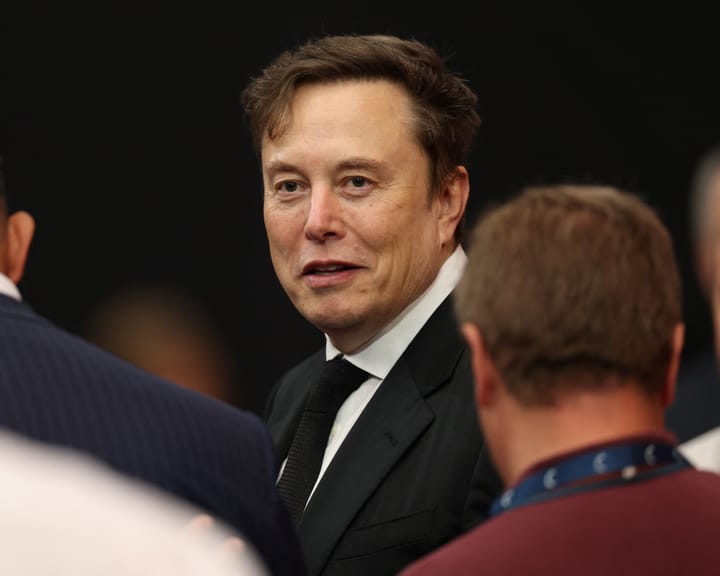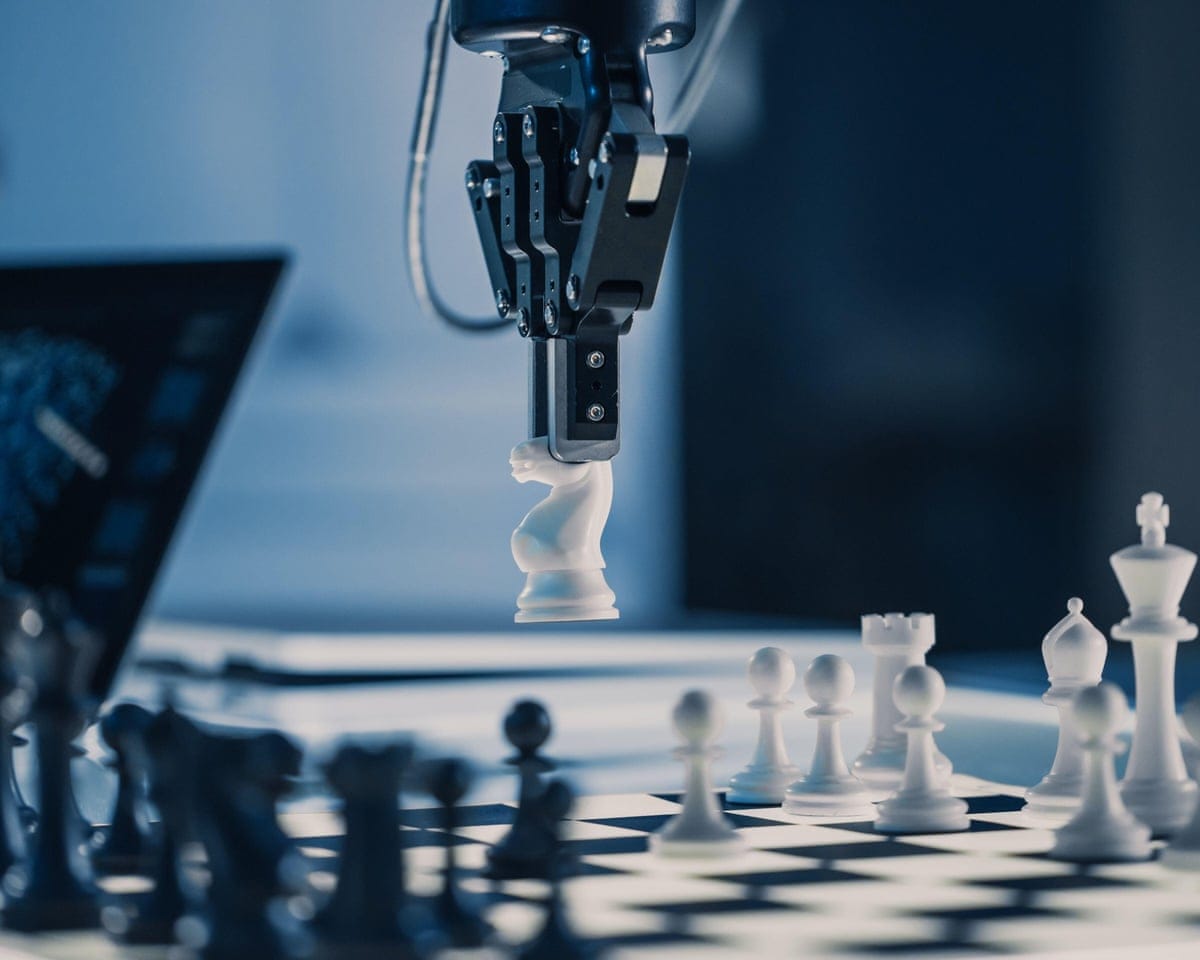If Adam Dorr’s predictions hold, robots and advanced artificial intelligence will dominate the global economy within a generation, rendering most human labor obsolete. Dorr, a social scientist and futurist, presents a stark vision of a technological shift that he believes will replace nearly all human jobs within two decades.
Leading a team of researchers, Dorr has studied patterns of technological change throughout history and concluded that the current wave will not just disrupt but erase traditional employment by 2045. He draws parallels with past transformations—the displacement of horse-drawn carriages by automobiles, gas lamps by electricity, and film cameras by digital technology. “Technology has a new target—human labor itself,” he states.
According to Dorr, machines will soon match or exceed human performance in almost every field, at a fraction of the cost. “Costs and capabilities are improving steadily. When you can get better results for less, switching is inevitable. We’re the horses, we’re the film cameras in this scenario,” he says.
Dorr, 48, holds a PhD in public affairs from the University of California, Los Angeles, and serves as research director at RethinkX, a U.S.-based nonprofit examining technological disruption. The organization was co-founded by James Arbib and Tony Seba, entrepreneurs and investors in the tech sector.
During a recent visit to Ireland, Dorr spoke with *CuriosityNews* while attending the Dargan Forum, a two-day conference in Dún Laoghaire focused on digital and environmental transitions. His message was a mix of warning and optimism: while AI-driven humanoid robots may displace workers across industries, proper management of this revolution could lead to unprecedented prosperity. However, mishandling it risks deepening inequality and strengthening oligarchic control.
Dorr insists the shift will happen faster than expected. “We’ve analyzed over 1,500 technological transformations in history. The patterns are consistent—once a new technology gains even a small foothold, it dominates within 15 to 20 years.”
He warns that intelligent machines, already here, will soon make human labor redundant. “Their capabilities grow daily with no limit. The upheaval is inevitable, and we’re unprepared.”
Some industries may see a transitional phase where humans and machines collaborate, much like the brief era when chess champions competed alongside computers.
Read next

"AirPods Pro 3 reviewed: Upgraded battery, superior noise cancellation, top-tier performance"
Apple’s widely used AirPods Pro wireless earbuds have returned for their third iteration, offering improvements in comfort, battery performance, integrated heart rate tracking, and enhanced noise cancellation. The new model appears poised to be as prevalent as earlier versions.
Three years have passed since the previous release, yet the

"Peter Thiel's secret talks on antichrist shed more light on him than doomsday"
Peter Thiel’s Unusual Academic Pursuits
Peter Thiel is known for his skepticism toward academia. Yet, in four recent private lectures in San Francisco discussing the antichrist, the billionaire investor has made an unexpected case for intellectual credentials.
During these wide-ranging talks, Thiel appeared to channel the eclectic thinking he

"X resolves $128M severance dispute with former Twitter executives"
# Elon Musk and X Reach Settlement with Former Twitter Executives Over Severance Dispute
Elon Musk and X have resolved a legal dispute with four former high-ranking executives of Twitter, including the company’s ex-CEO, who alleged that the billionaire withheld $128 million in severance payments after acquiring the social media

